Electric flying taxis: pie in the sky or climate panacea?
Race is on to develop ‘quieter, cheaper and emission-free aircraft’ that can land in city centres
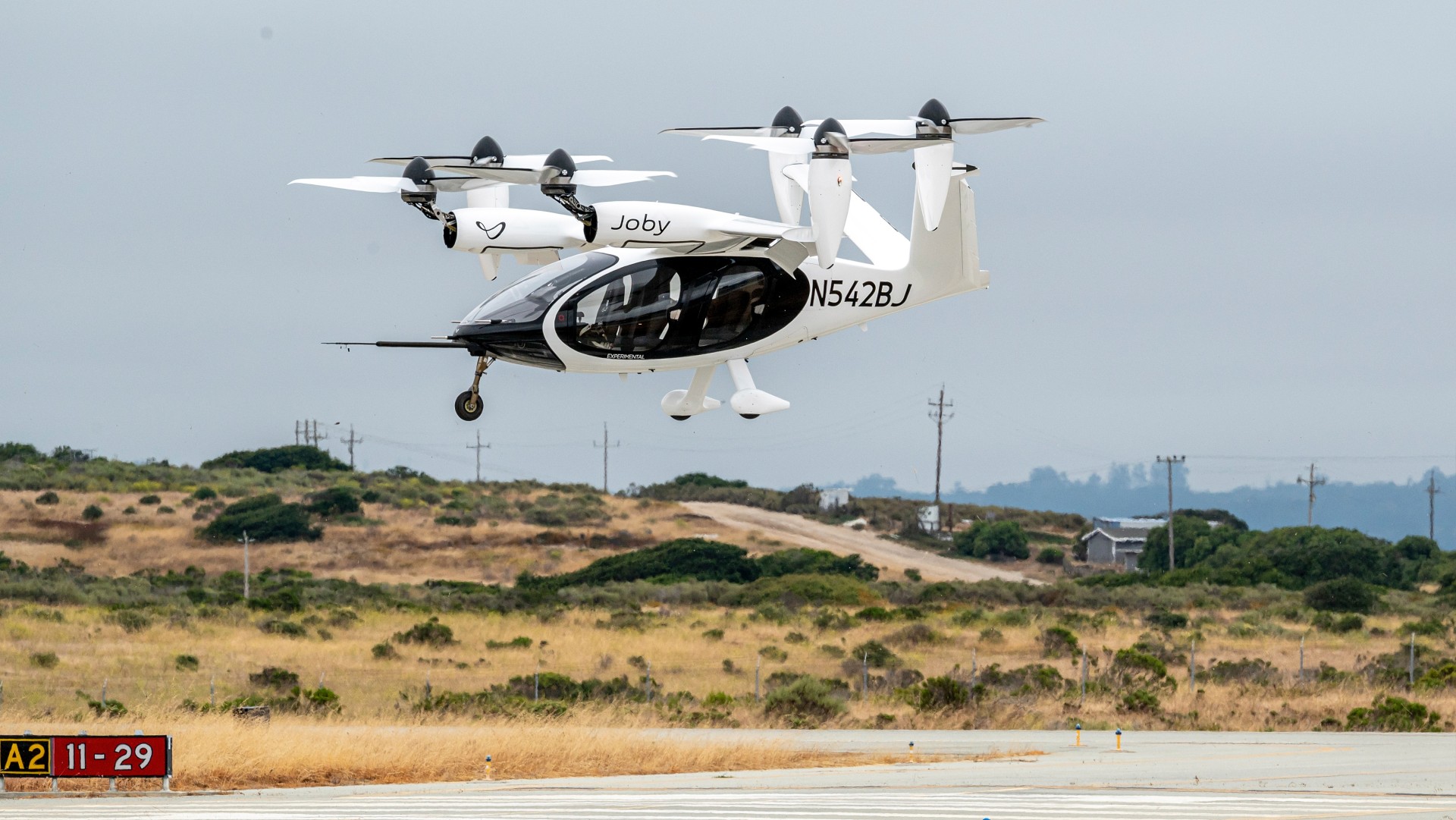
A free daily email with the biggest news stories of the day – and the best features from TheWeek.com
You are now subscribed
Your newsletter sign-up was successful
They may look like something straight out of a science-fiction film, but flying taxis could soon be a common sight in the skies over cities around the world.
Companies hoping to make flying vehicles have “had a tough two years”, admitted The Observer, with the sector “one of the most notable examples of the pandemic-era financial bubble… as investors sought an aerial Tesla, capable of flying passengers with zero carbon emissions for the first time”.
But now a series of prototypes being granted regulatory approval means flying cars are one step closer to lift off.
The Week
Escape your echo chamber. Get the facts behind the news, plus analysis from multiple perspectives.

Sign up for The Week's Free Newsletters
From our morning news briefing to a weekly Good News Newsletter, get the best of The Week delivered directly to your inbox.
From our morning news briefing to a weekly Good News Newsletter, get the best of The Week delivered directly to your inbox.
‘Quieter, cheaper and emission-free aircraft’
Technically known as eVTOL aircraft, standing for “electric vertical take-off and landing”, dozens of companies around the world have been in a race to develop a “quieter, cheaper and emission-free aircraft, that can land right in the heart of cities”, said the BBC’s technology of business editor Ben Morris.
Designs range from quadcopter drones – similar to those used for filming – scaled up to fit two people, to the likes of Boeing’s Wisk, which combines wings with different combinations of propellers that produce their own lift, cutting energy usage and allowing for ranges over 60 miles.
These differences are “in part a reflection of different hopes for what eVTOLs will actually be for”, said The Observer. Most companies hope to replace helicopters, which are loud, expensive and polluting, while longer-range versions could provide a market for city-to-city travel.
One common trait all these have is that they are designed to be cheap and easy enough to use to eventually rival road taxis. The electric-powered vehicles are also being touted as a green solution to urban transport.
A free daily email with the biggest news stories of the day – and the best features from TheWeek.com
‘Power, not ambition, could be the issue’
In June, the US Federal Aviation Administration gave California-based Joby Aviation the green light to start flight testing its new production prototype. The company has been building and flying pre-production prototypes since 2017, “but this time around is significant,” said NPR, “because it is the first of its factory-built vehicles to be approved for test flights”.
Joby aims to begin commercial passenger operations in the US in 2025, Bloomberg reported, and has partnered with Delta Air Lines to deliver a “transformational, sustainable home-to-airport transportation service” for fliers, set to roll out first in New York and Los Angeles. Joby founder and CEO JoeBen Bevirt told The Washington Post in 2021 the company hopes to begin services at an average price of around $3 per mile – comparable to a taxi or Uber – and eventually move to below $1 per mile.
But Joby and other companies face three main challenges beyond achieving lift-off. Amid fierce competition from established aviation and automobile giants as well as new upstart firms, companies will need to show there is a market for flying vehicles.
Key to this will be securing flight paths and landing spots right in the heart of some of the world’s most populous cities.
But batteries “remain the biggest problem”, said the BBC. “They remain heavy and expensive, which curtails the range and limits the cost advantages of EVTOL aircraft, over helicopters, trains and cars.”
Power, not ambition, could end up being the deciding factor in whether flying vehicles really take off.
-
 How the FCC’s ‘equal time’ rule works
How the FCC’s ‘equal time’ rule worksIn the Spotlight The law is at the heart of the Colbert-CBS conflict
-
 What is the endgame in the DHS shutdown?
What is the endgame in the DHS shutdown?Today’s Big Question Democrats want to rein in ICE’s immigration crackdown
-
 ‘Poor time management isn’t just an inconvenience’
‘Poor time management isn’t just an inconvenience’Instant Opinion Opinion, comment and editorials of the day
-
 How Norway became an electric vehicle pioneer
How Norway became an electric vehicle pioneerUnder The Radar Early adoption, incentives and political consistency have helped Scandinavian nation race ahead
-
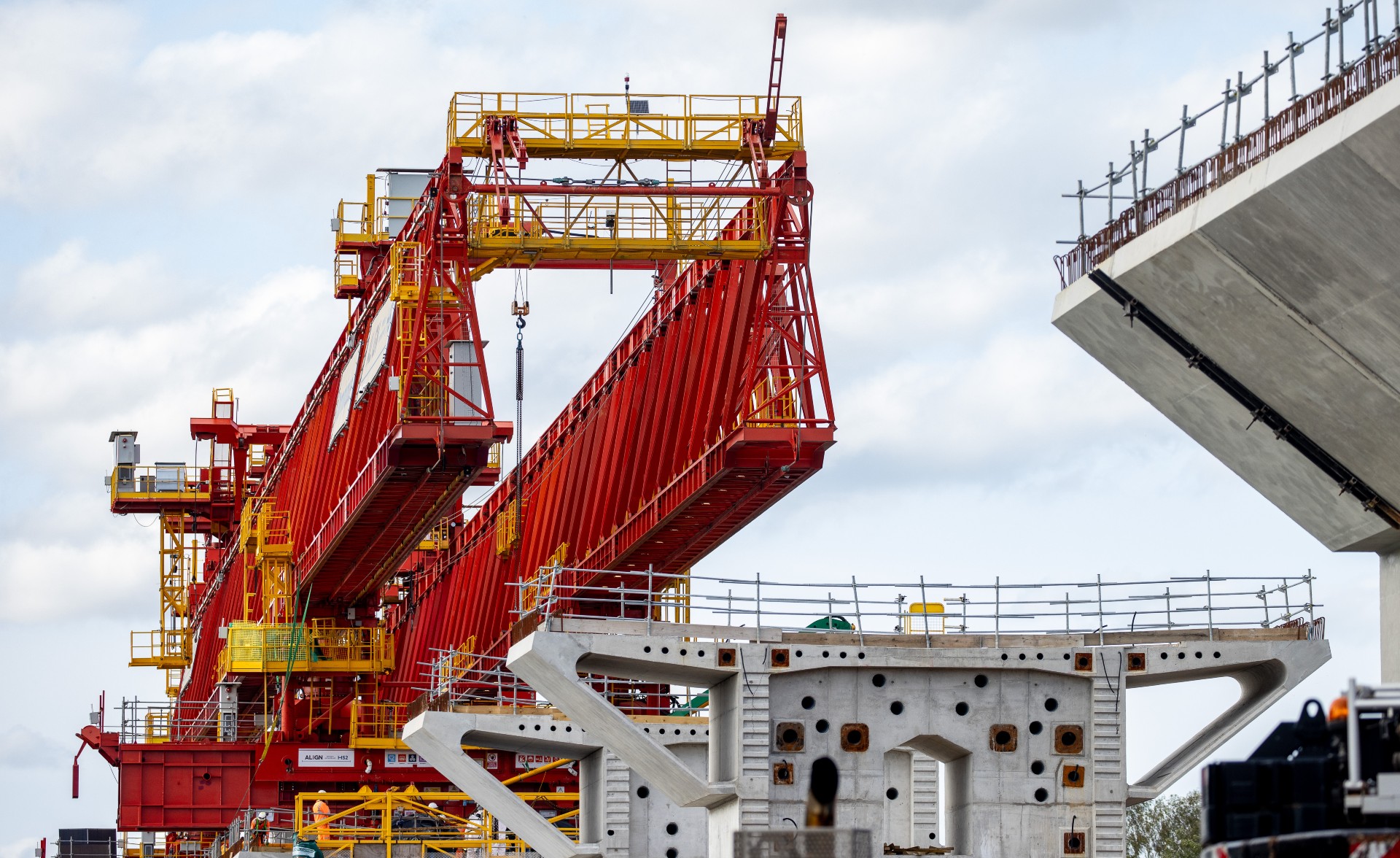 HS2: a runaway train
HS2: a runaway trainTalking Point PM may cut Manchester to Birmingham line of beleaguered rail project due to spiralling costs
-
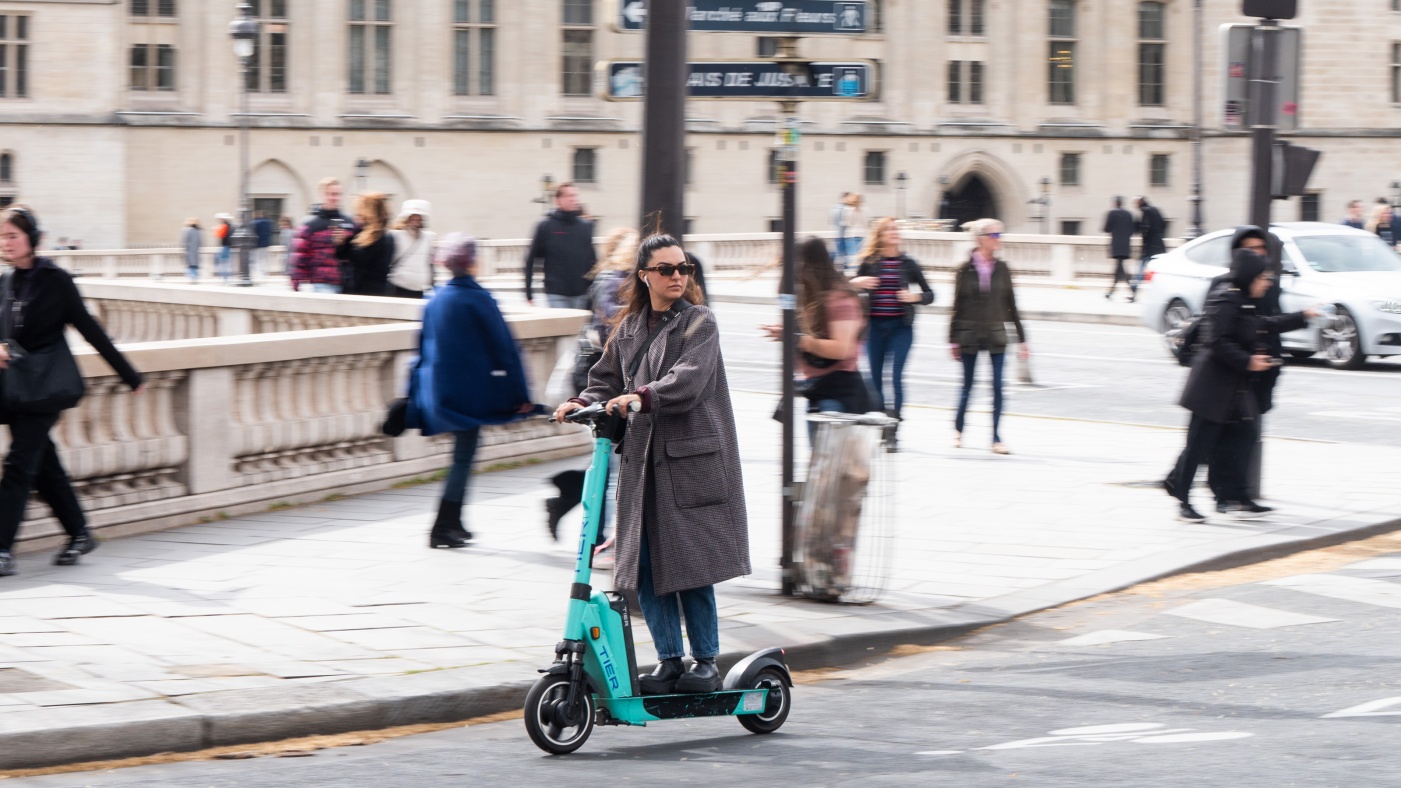 Paris bans e-scooter rentals
Paris bans e-scooter rentalsTalking Point Electric vehicles were popular with younger residents but older Parisians swung the crucial referendum
-
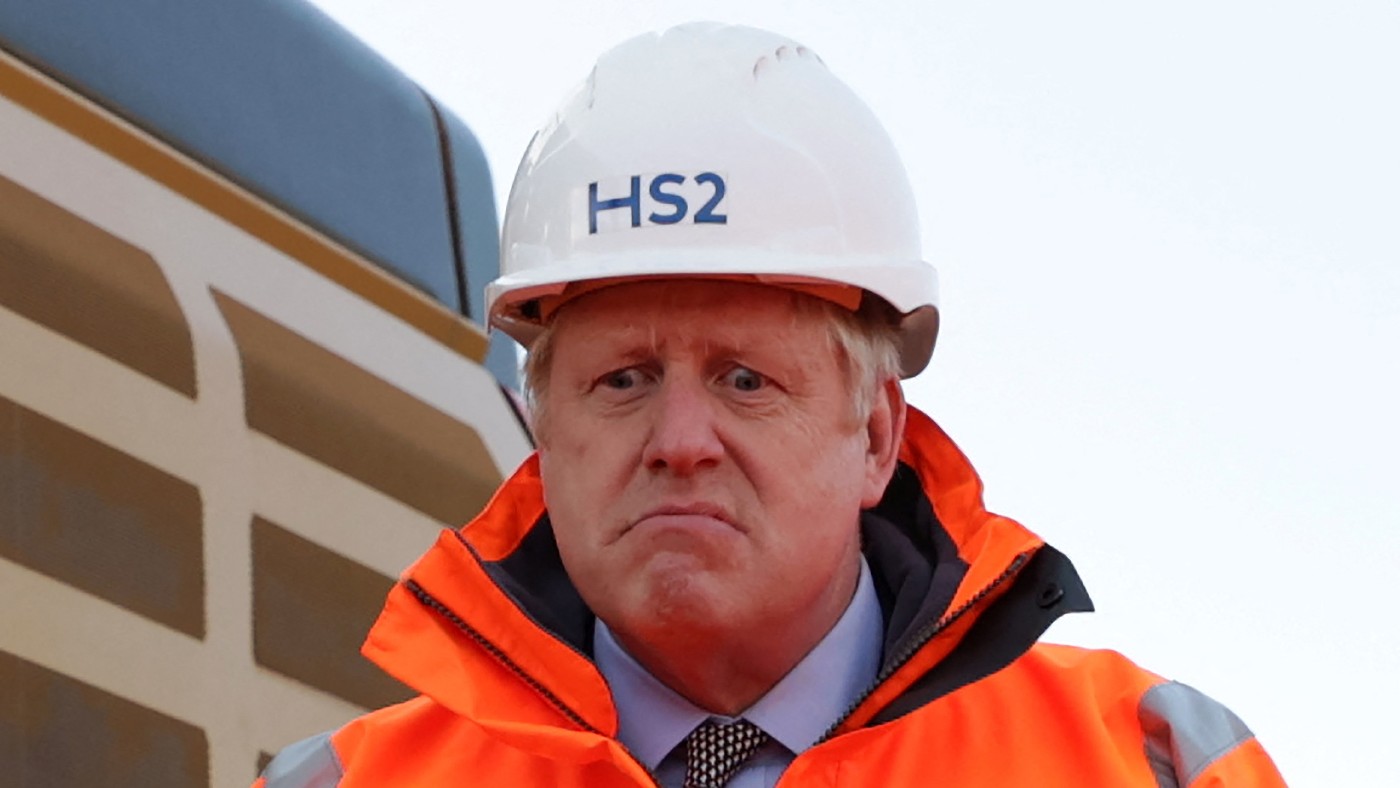 HS2: is this the end of the line?
HS2: is this the end of the line?Talking Point The costs of the track have steadily risen even as the potential gains have diminished say detractors
-
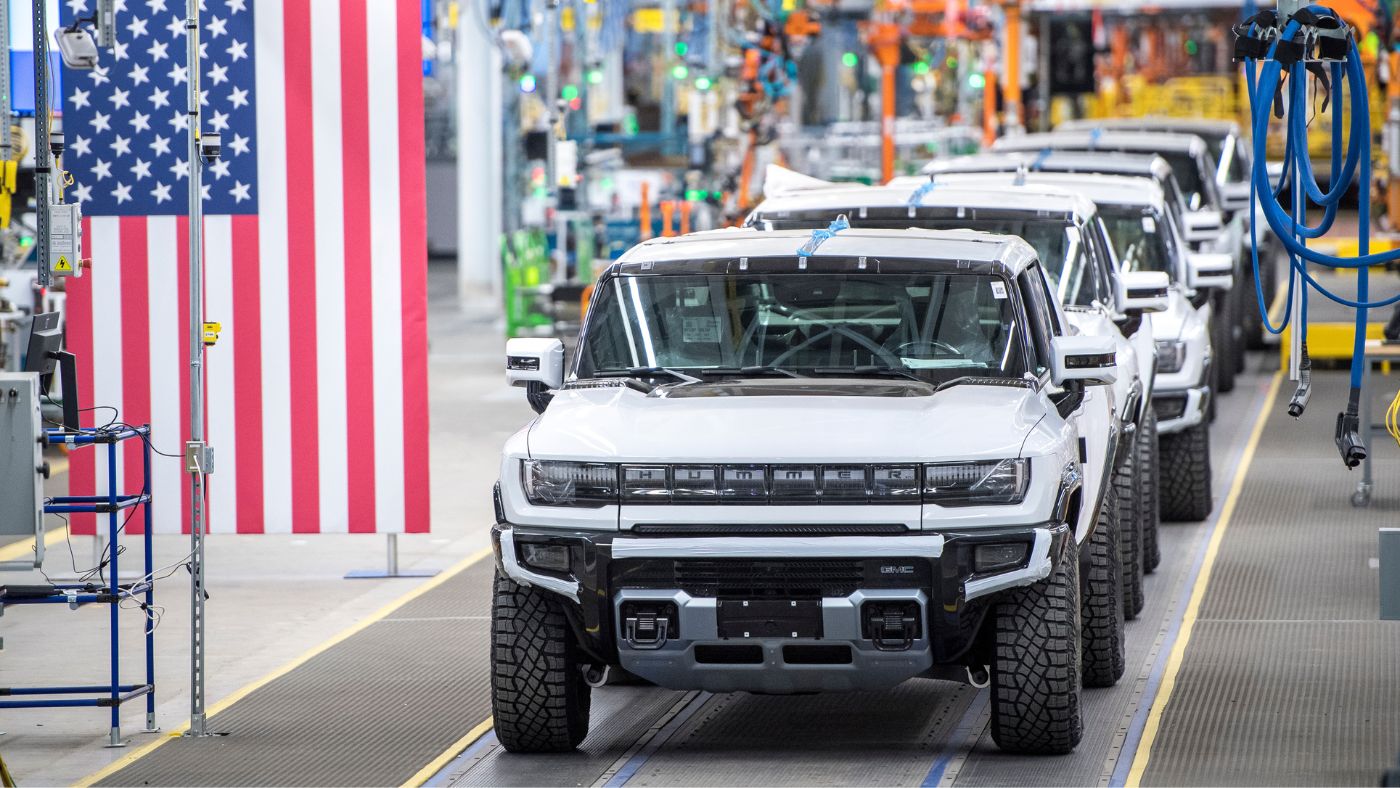 Going electric: the drive to turbocharge a car revolution
Going electric: the drive to turbocharge a car revolutionTalking Point The US EPA has imposed regulations on car makers to increase production of electric vehicles
-
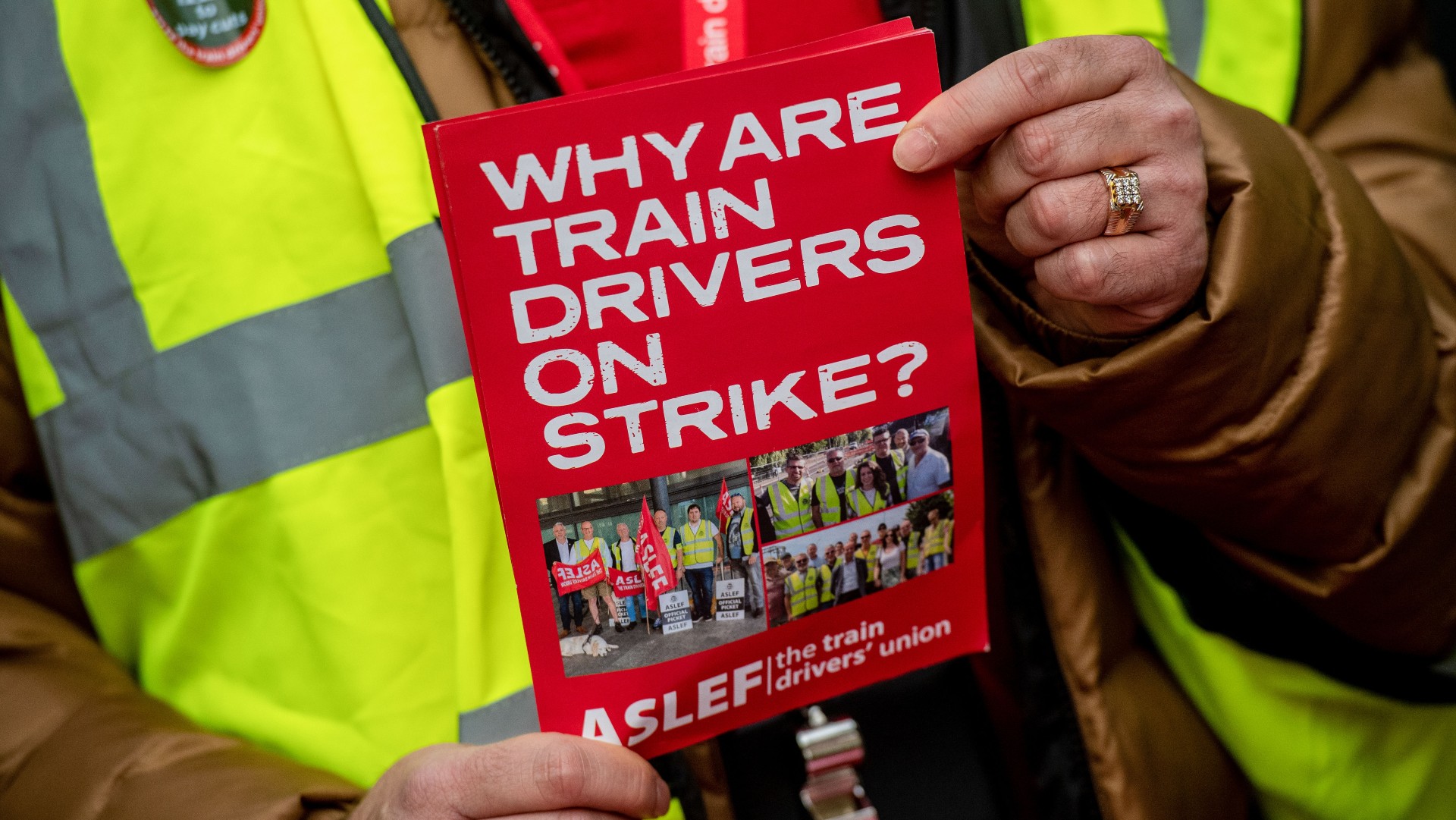 Rail strikes: whose side is the public on?
Rail strikes: whose side is the public on?Talking Point Opinion split over who is to blame for month of train disruptions following failed talks between transport officials and unions
-
 What happened to Air France flight AF447?
What happened to Air France flight AF447?feature Airbus and Air France on trial for manslaughter over crash that ‘changed aviation history’
-
 Is Brexit to blame for Dover chaos?
Is Brexit to blame for Dover chaos?Talking Point UK and French officials in war of words as holidaymakers hit by long delays